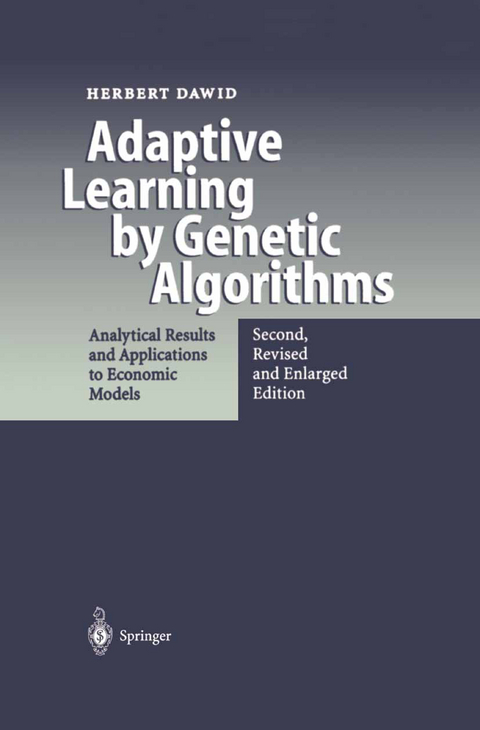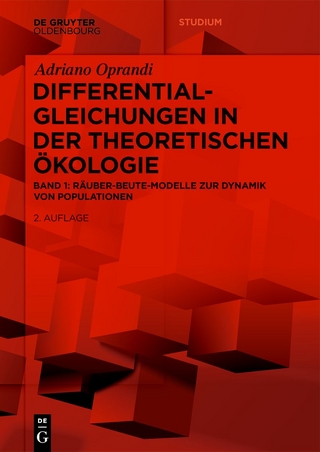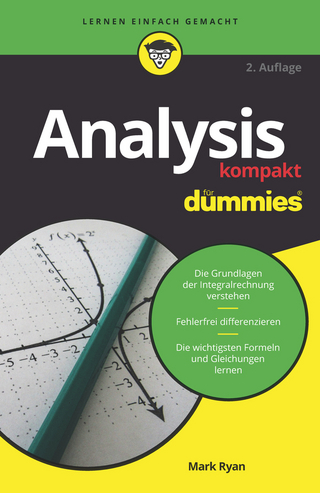
Adaptive Learning by Genetic Algorithms
Springer Berlin (Verlag)
978-3-642-62106-2 (ISBN)
1. Introduction.- 2. Bounded Rationality and Artificial Intelligence.- 2.1 Bounded Rationality in Economics.- 2.2 Artificially Intelligent Agents in Economic Systems.- 2.3 Learning Techniques of Artificially Intelligent Agents.- 2.4 Some Applications of CI Methods in Economic Systems.- 2.5 Potentiality and Problems of CI Techniques in Economics.- 3. Genetic Algorithms.- 3.1 What are Genetic Algorithms?.- 3.2 The Structure of Genetic Algorithms.- 3.3 Genetic Operators.- 3.4 Genetic Algorithms with a Non-Standard Structure.- 3.5 Some Analytical Approaches to Model Genetic Algorithms.- 3.6 Do Genetic Algorithms Describe Adaptive Learning?.- 4. Genetic Algorithms with a State Dependent Fitness Function.- 4.1 State Dependency in Economic Systems.- 4.2 A Markov Model for Systems with a State Dependent Fitness Function.- 4.3 The Difference Equations Describing the GA.- 4.4 Deviation from the Markov Process.- 4.5 A Numerical Example.- 4.6 Stability of the Uniform States.- 4.7 Two-Population Models.- 5. Genetic Learning in Evolutionary Games.- 5.1 Equilibria and Evolutionary Stability.- 5.2 Learning in Evolutionary Games.- 5.3 Learning by a Simple Genetic Algorithm.- 5.4 Two-Population Contests.- 6. Simulations with Genetic Algorithms in Economic Systems.- 6.1 A Model of a Competitive Market.- 6.2 An Overlapping Generations Model with Fiat Money.- 6.3 A Sealed Bid Double Auction Market.- 7. Stability and Encoding.- 7.1 The Cobweb Example Revisited.- 7.2 Impact of a Change in Encoding and Scaling.- 7.3 A Method for Finding Economic Equilibria.- 8. Conclusions.- A. Basic Definitions and Results Used.- A.1 Time Homogeneous Markov Chains.- A.2 Nonlinear Difference Equations and Stability.- B. Calculation of the Equilibria of the Evolutionary Games in Chapter 5.- B.1 Rock-Scissor-Paper Games.- B.2 The GA Deceptive Game GAD.- B.3 The Games G1 and G2.- C. Proof of Proposition 6.3.1.- References.- List of Figures.- List of Tables.
| Erscheint lt. Verlag | 20.8.2012 |
|---|---|
| Zusatzinfo | XIII, 200 p. |
| Verlagsort | Berlin |
| Sprache | englisch |
| Maße | 155 x 235 mm |
| Gewicht | 343 g |
| Themenwelt | Mathematik / Informatik ► Informatik |
| Mathematik / Informatik ► Mathematik ► Analysis | |
| Wirtschaft ► Allgemeines / Lexika | |
| Wirtschaft ► Volkswirtschaftslehre | |
| Schlagworte | Adaptive Learning • Adaptives Lernen • Artificial Intelligence • Beschränkte Rationalität • Bounded Rationality • differential equation • Genetic algorithms • Genetische Algorithmen • Intelligence • Künstliche Intelligenz • learning • Markov Chain • markov chains • Modeling • Simulation |
| ISBN-10 | 3-642-62106-6 / 3642621066 |
| ISBN-13 | 978-3-642-62106-2 / 9783642621062 |
| Zustand | Neuware |
| Informationen gemäß Produktsicherheitsverordnung (GPSR) | |
| Haben Sie eine Frage zum Produkt? |
aus dem Bereich


